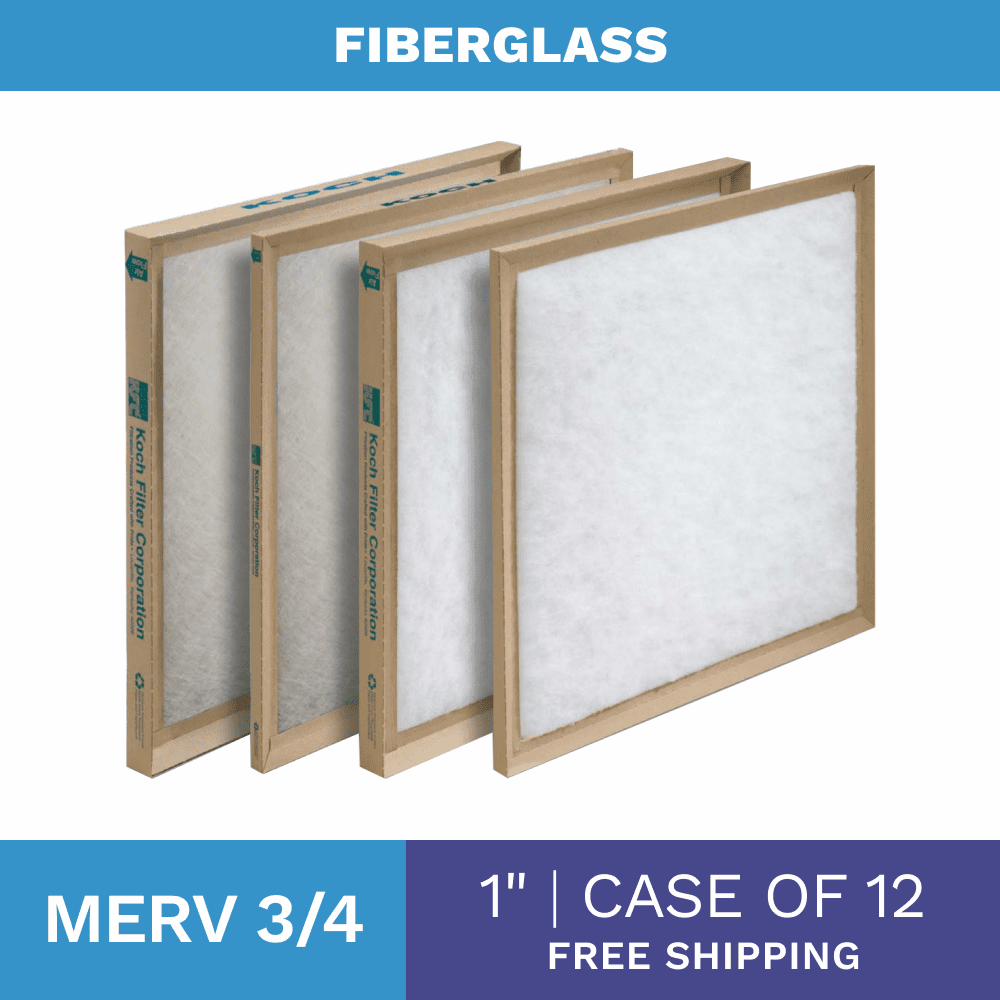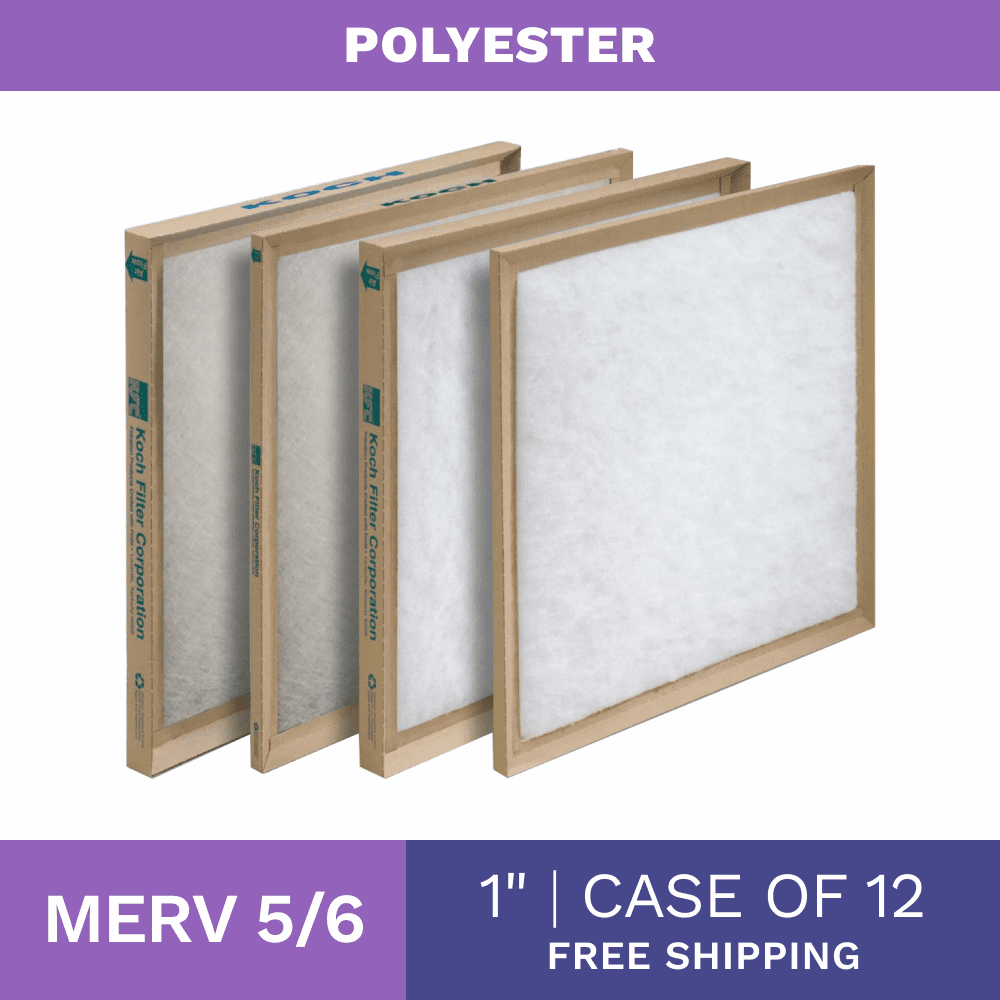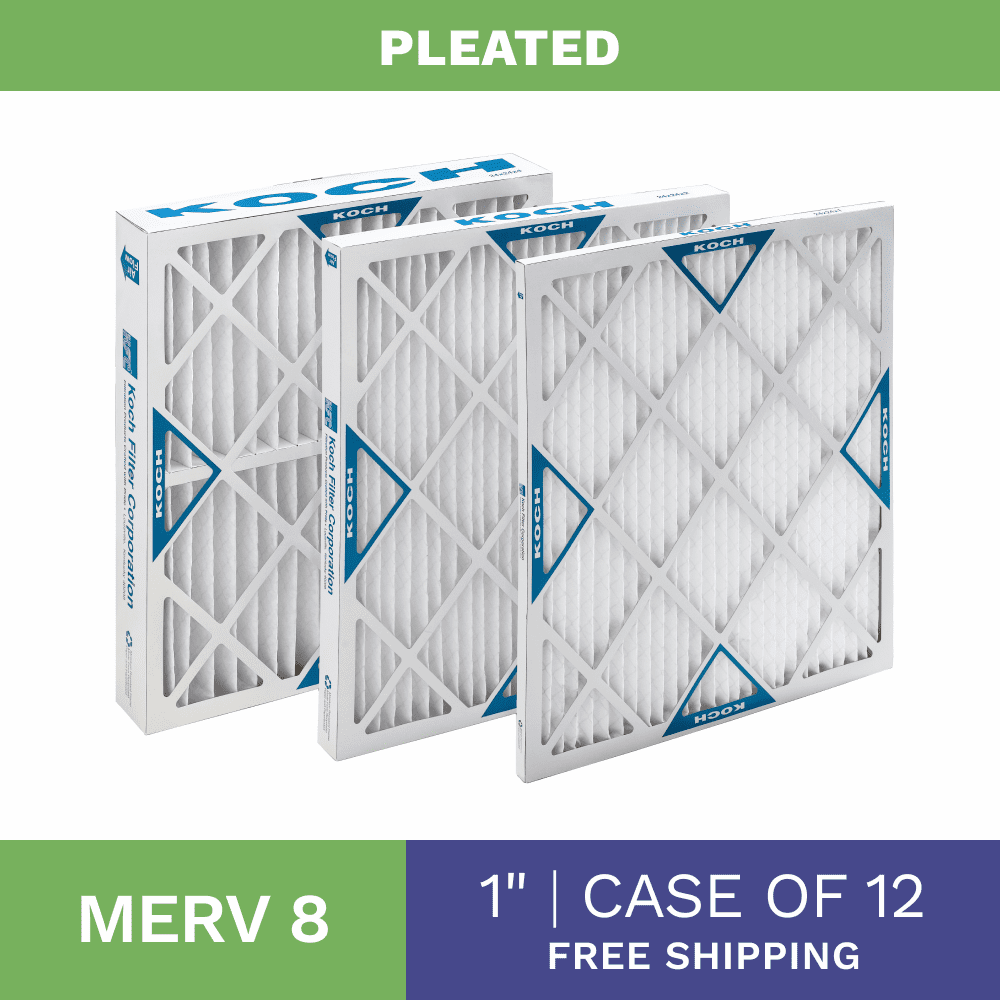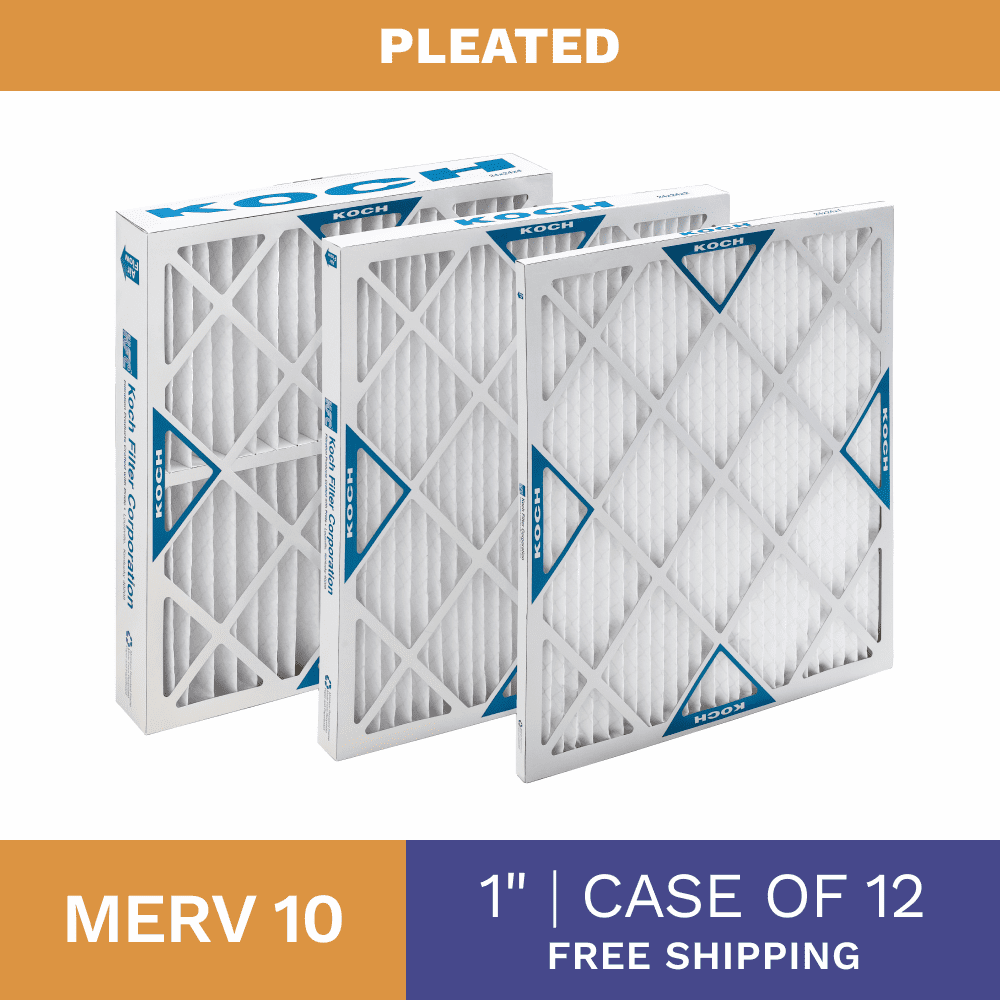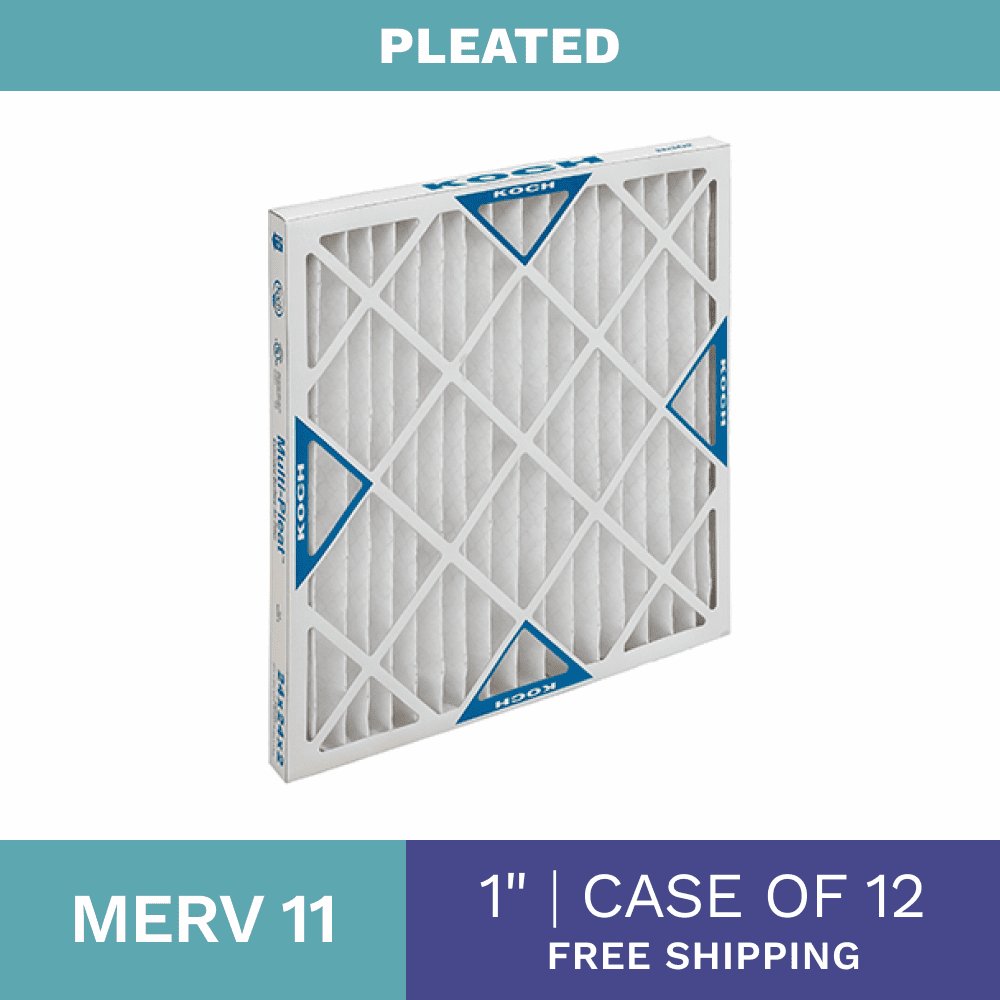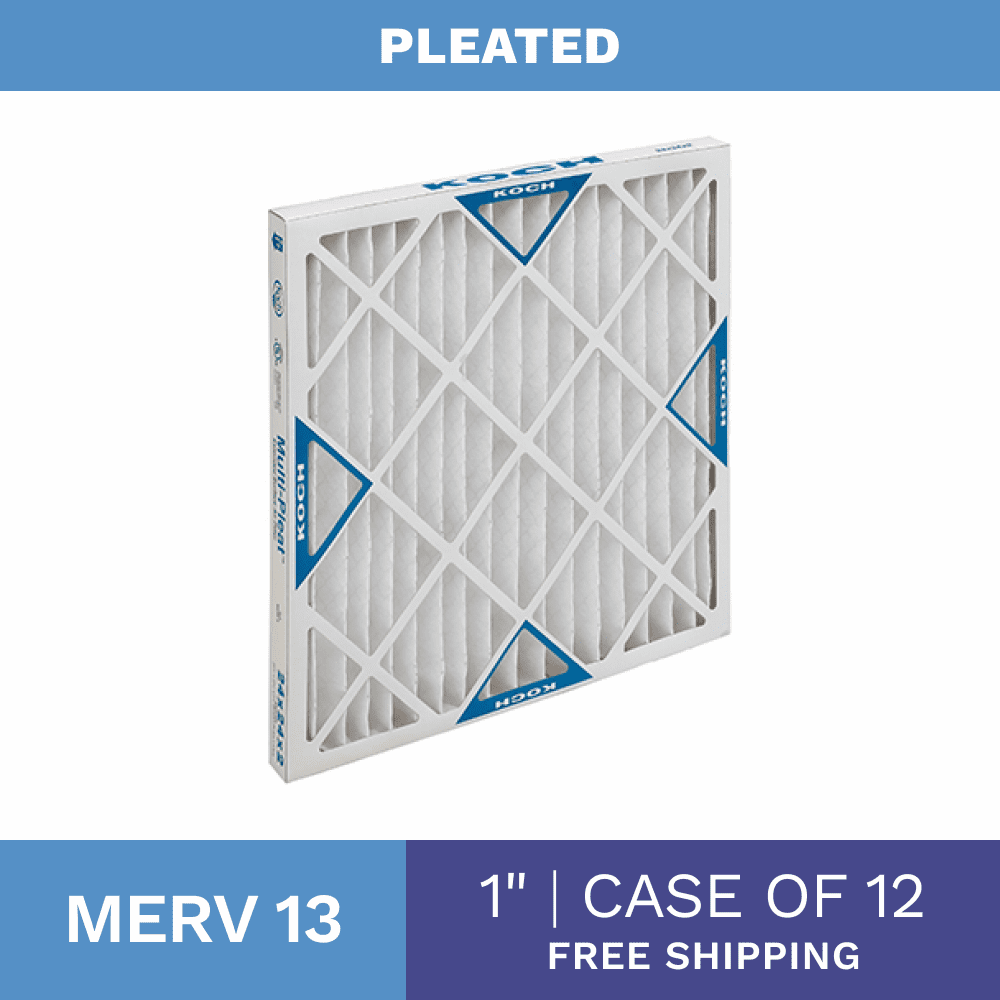
Keeping your home’s air clean and healthy is essential, and air filters play a pivotal role. Many homeowners don’t change air filters in time, and this can pose a risk to their HVAC system. However, knowing the right time for your AC filter replacement is not difficult, but it is important.
A clean filter traps dust, pollen, pet hair, and other small particles before circulating throughout your home, significantly improving indoor air quality.
This same clean filter also benefits your health by reducing exposure to allergens and irritants that can cause difficulty breathing and respiratory conditions. It can also help you save money on energy bills. Knowing your air filter needs will help with many factors in the long run.
Why Knowing When To Change Is Important
To ensure your system operates efficiently and maintains good indoor air quality, it’s essential to filter properly, so you must know when to change your air filter. The other issue is that you also want to avoid over-changing your filter, as this is equally bad for your pocket. Therefore, knowing when to change your AC filter is both important for your health and well-being and your wallet.
By maintaining a frequent AC filter replacement schedule, you can prevent these issues and extend the lifespan of your equipment. Always inspect your air handler and air conditioning system to ensure they are in good condition, and replace filters as recommended. Proper maintenance of your HVAC air filter will keep your system running smoothly and improve the air quality in your home.
Regularly replacing the HVAC air filter is crucial. Air conditioners and air handlers both rely on a clean filter to function optimally. Neglecting to replace an old filter can lead to a clogged system, causing the furnace’s filter to work harder and reduce overall efficiency.
By maintaining a frequent filter replacement schedule, you can prevent these issues and extend the lifespan of your equipment.
Always inspect your air handler and air conditioning system to ensure they are in good condition, and replace filters as recommended. Proper maintenance of your HVAC air filter will keep your system running smoothly and improve the air quality in your home.
The Trouble with Dirty Air Filters
As your filter does its job diligently, it can become clogged with trapped particles. A dirty air filter can significantly restrict airflow, making your system work harder to heat and cool your home, thus the importance of knowing when to change your air filter..
A clogged filter acts like a dirty air filter in your car – it restricts airflow and makes the engine work harder, leading to decreased performance and potentially lower gas mileage. Keep your eye on smaller filters and check them more often, as the reduced surface area means trapping particles happens in less of an area, making a filter change more frequently needed.
An old filter can lead to higher energy bills and potentially reduce the lifespan of your entire heating and cooling system. Imagine your whole HVAC filter system as a car engine. A clogged filter acts like a dirty air filter in your car – it restricts airflow and makes the engine work harder, leading to decreased performance and potentially lower gas mileage.
Keep your eye on smaller filters and check them more often, as the reduced surface area means trapping particles happens in less of an area, making a filter change more frequently needed.
Shop Filters By Type, Size & Brand
How Often Should You Change Your AC or Furnace Filter?
The frequency of your filter replacement depends on several factors. Here’s a breakdown to help you determine the optimal schedule for changing your air filters:
Average Use
For many homeowners, changing your pleated air filter every 2-3 months is the generally recommended practice. It is recommended that you change fiberglass and polyester air filters monthly to keep your furnace or AC system working properly.
Heavy Use
If you have pets, allergies, live in an area with high dust levels or nearby construction, or other certain factors, you may need more frequent air filter replacements as your filters will collect more dust and dirt. Consider changing your air filters every 1-2 months. If you notice poor air quality in your home, with symptoms like frequent sneezing or itchy eyes, this might be a sign you need to change your air filter more frequently.
Vacation Homes
If your vacation home sits vacant for longer periods, you might be able to space out filter changes. However, it’s still important to visually inspect your air filter upon returning and replace it if it is visibly dirty. If your vacation home sits empty for long stretches, dust and other contaminants can still build up, just not the same amount as if running the system full time. A quick visual inspection of your air filter upon return is essential.
The Importance of Regularly Changing Your Air Filters
- Improved Indoor Air Quality: Regularly changing air filters helps trap airborne particles, improving indoor air quality.
- Reduced Energy Consumption: An air filter that has been in the system too long may lead to higher electric bills due to the drag on the HVAC system. Knowing when to change is important to keeping your energy bills low.
- Reduced Risk of Respiratory Problems: Minimize exposure to allergens and irritants.
- Maintained Efficiency of Your HVAC System: Potentially lowering energy bills as your AC system doesn’t have to work as hard to circulate air. A clean air filter allows more air to flow through the system, reducing strain on your HVAC unit and potentially lowering energy bills.
- Extended Lifespan of Your HVAC System: Preventing dust and debris from accumulating on coils and other components is a core job of the HVAC filter. A clogged air filter can lead to less air flow, which leads to overheating and reduced efficiency in your HVAC system, potentially shortening its lifespan.
Choosing the Right Air Filter: MERV Ratings and Efficiency

Air filters come in different types, with varying degrees of filter efficiency, and this is not dictated by whether the HVAC filter is going into a furnace or an air conditioner. The Minimum Efficiency Reporting Value (MERV) indicates how effectively an air filter traps airborne particles of different sizes.
For most residential applications, a MERV rating between 6 and 12 provides a good balance between filtration efficiency and maintaining proper airflow through the HVAC system. Higher MERV ratings correspond to greater filter efficiency but also reduced airflow.. Here’s a quick guide to MERV ratings:
Explaining MERV Ratings

- MERV 1-4: Captures particles larger than 10 microns, such as dust mites and textile fibers. Used mostly in commercial and residential furnaces and window air conditioner-type units.
- MERV 5-8: These filters are good for most homes with average use. They effectively trap common allergens like dust, pollen, and pet dander. They capture particles 3 to 10 microns in size, including mold spores and dust. They are suitable for residential and commercial buildings.
- MERV 9-12: Ideal for homes with pets, allergies, dust mites, or mold concerns. A filter in this range offer better protection against smaller particles like mold spores and bacteria. Captures particles 1 to 3 microns, such as lead and humidifier dust. It is ideal for homes requiring higher air quality and hospital laboratories.
- MERV 13-16: They are recommended for homes with severe allergies, respiratory conditions, or highly polluted areas. These filters provide the highest level of filtration but may restrict airflow slightly more than lower MERV filters. Consider using pleated air filters within this MERV range for better airflow with high filtration. Captures particles 0.3 to 1 micron, including bacteria and smoke. Used in hospitals and environments needing superior filtration.
Shop Filters By Type, Size & Brand
Additional Tips for Optimal Air Quality
- Vacuum Regularly: Vacuum carpets, rugs, and upholstery at least once a week to remove dust and allergens before they can circulate in the air and move to the filter. Consider using a HEPA filter vacuum cleaner for optimal dust removal. This will help reduce the amount of dust and allergens that can clog your air filter and potentially extend its lifespan.
- Increase Ventilation: Open windows and doors whenever possible to allow fresh air to circulate and dilute indoor pollutants before getting to the air filters.
- Control Humidity: Maintain a comfortable humidity level (around 30-50%) to discourage mold growth, which will get captured on your HVAC filter regularly. Consider using a dehumidifier if needed.
- Change Air Conditioning or Furnace Filters More Often During Peak Seasons: During summer and winter, when your HVAC system is working hardest due to temperature change, you might need to change to a new filter more frequently to ensure optimal performance.
Conclusion
By following these tips and regularly changing your air conditioner or furnace filter, you can create a healthier and more comfortable living environment for yourself and your family. Remember, replacement of an old filter invests in your health, home comfort, and energy efficiency.
Clean air conditioning or furnace filters improve indoor air quality and contribute to a more efficient HVAC system. This means your heating and cooling system can function properly using less energy to maintain your home’s comfort level.
By following a regular maintenance schedule, you can breathe easier and save money in the long run.
We Are Here To Help
A professional HVAC technician does not typically have the best answers for filters. If you have questions about air filter replacement, a furnace or AC unit, choosing the right filter for your home, or are you unsure about the current condition of your furnace filter we are here to help.
Contact us today for a free consultation! We can help you with all of your home’s heating and cooling air filter needs.



